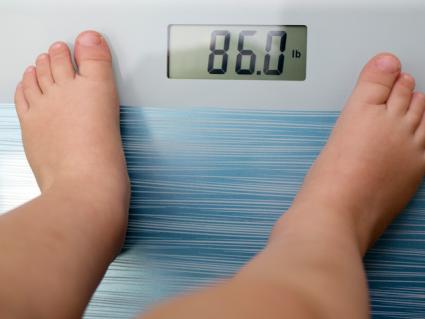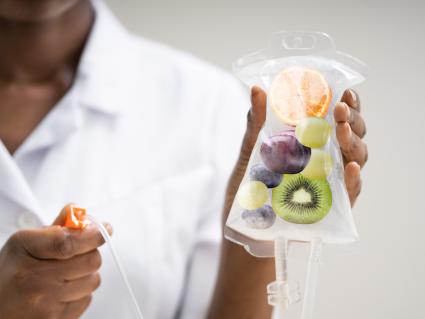September is Childhood Obesity Awareness Month

Why is childhood obesity on the rise?
An important topic to address this month is the rising incidence of childhood obesity, which is actually a global health issue in developed countries, particularly in our country. The percentage of children with obesity in the United States has more than tripled since the 1970’s. The cause of childhood obesity is complex and multifactorial, and can lead to serious health consequences both in childhood and in adulthood. It is known that 60% of overweight children are likely to become overweight adults, and health issues that can develop include Type II diabetes mellitis, asthma, hypertension, and cardiovascular disease, amongst others. Causal factors include inadequate physical activity and unbalanced nutrition/excess calories, but also “epigenetic” factors such as higher maternal pre-pregnancy body weight, prenatal tobacco exposure, excess maternal weight gain during pregnancy, and excess weight gain in the first 1,000 days of infant/child life. We also know that parents of low socio-economic status tend to have a higher incidence of obesity, and their children do as well, due to poor nutrition.
So what has been happening since the 1970’s that has permitted this rise in childhood obesity, apart from the noted epigenetic factors? Also, what can we do to intervene? Below, I have listed factors that, in my opinion, have led to the rise in incidence of this health problem, with a few suggested solutions:
1.Children are less active, much in part due to the “electronic age.” Kids spend hours behind computers, video games, and smart phones, and less time outside playing and doing physical activity. The screens of these “gizmos” are addictive. Parents can place restrictions on screen time and encourage children to get more “green” time! Do physical activities as a family (hike, bike, swim…just get out there!).
2.The Standard American Diet (“SAD” Diet) is calorie rich and nutritionally poor. The nutrient quantity and quality of our food is poor, yet very rich in calories, usually from trans-fats and sugars including high fructose corn syrup. Our food is highly processed and laden with chemicals which are “addictive”; this is particularly true of fast foods. Usually these foods are less costly than organic whole foods, and thus more accessible. Lets teach our kids about food quality and quantity, and provide them with whole foods. It is also helpful to show them where food comes from, and to have them participate in growing their own! Changes are occurring in some schools now, which is encouraging, in which healthier food options are available in cafeterias. Juices and sodas are very high in sugar, so encourage kids to drink water (with lemon or lime), coconut water, or teas instead!
3.Not eating regular meals encourages snacking. Lets face it, families have crazy busy schedules, and often times families do not have regular dinners together, and kids many times skip breakfast or lunch and compensate by eating processed snacks. Helping kids to eat three healthy meals a day with healthier snacks can decrease empty calorie consumption. And dinnertime is so important for family bonding!
4.Kids are getting less sleep. We tend to lose more weight and burn more calories with longer sleep times, and going to bed earlier discourages late night snacking. Our kids are often overly stressed with schoolwork, extracurricular activities, and too much screen time, so that they get to bed later than they should be. Encourage a balanced schedule and less screen time to protect their sleep!
5.Exposure to toxins disrupt the endocrine system. Non-organic foods are often laden with pesticides that in the body often can serve as “endocrine disruptors”, causing dysfunction of our endocrine systems that can lead to weight gain. The same can happen with the use of skin and haircare products that contain such chemicals. Eating organic foods and using organic personal care and cleaning products can minimize the toxin burden in our children, leading to less potential for weight gain issues.
As parents and guardians, it helps when we are good role models for our children, and incorporate these habits in our own lives. It helps when we work with our children on these goals, together. They will feel part of a “team” this way. Having conversations with them about how healthy lifestyle habits at a young age can impact their futures is not only helpful but essential.
So have a happy September…and remember…”EAT CLEAN, LEAVE THE SCREEN, GET OUT TO THE GREEN, TO STAY LEAN!!”





















